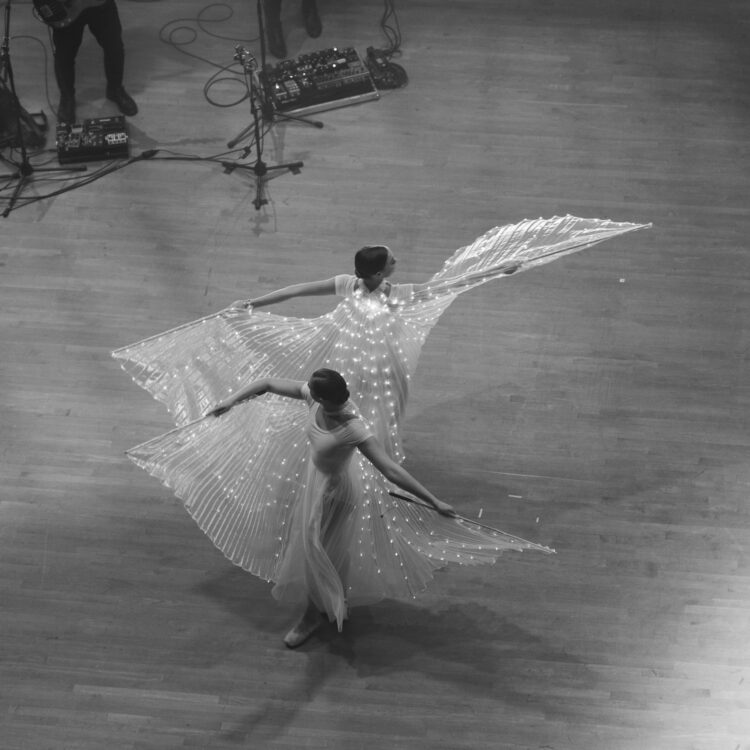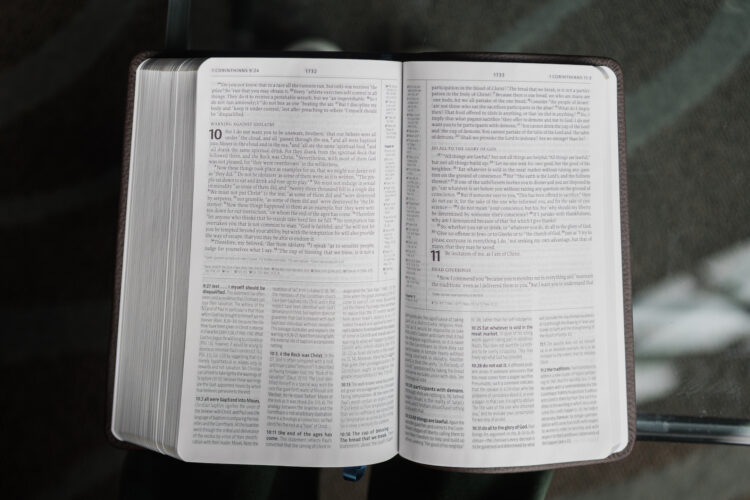If you pick up a Bible and you’ve never read it before, the logical place to begin reading is at the beginning of the story. If you’ve been reading the Bible for a bit, you probably know that this doesn’t always strike a chord with first time readers. The first book, Genesis, is really long. There’s a story of creation that seems great, and in that story humans fail to trust God and so He banishes them from His garden. From there, we’re basically reading a bunch of obscure stories of humans failing to live up to God’s ideal and life getting worse and worse for them.
Amidst all of humanity’s failures, God seems to care specifically for one family, the family of Abraham. Here’s what God says about the family of Abraham in Genesis 18:
“I have singled him out so that he will direct his sons and their families to keep the way of the Lord by doing what is right and just. Then I will do for Abraham all that I have promised.“
Genesis 18:19
Did you catch that? For God’s chosen people to “keep the way of the Lord,” He wants them to do “what is right and just.” There are two important biblical words here for us to talk about: Righteousness & Justice.
Righteousness comes from the Hebrew word tsedaquah. It can look like obedience to God’s direct commands, but it can also look like treating others like they are made in the image of God. In other words, righteousness is both vertical and horizontal: God wants his people to obey him, but he’s also really concerned with how they treat each other.
Justice comes from the Hebrew word mishpat, and also has a broad meaning. Justice could be executing justice upon someone for something that they did, but it can also refer to restorative justice, or doing the work of making sure that all humans are treated like God’s image-bearers.
God and the inspired authors of the Biblical texts knew something about human beings: that we are
This ideal is echoed throughout the Old Testament, and the nation of Israel fails time and time again to live up to this ideal while many prophets call them back to it. Even David, the hero of our Sunday school classes, fails to do Righteousness & Justice when he sleeps with another man’s wife and then has that man killed to cover it up.
If you’ve read the Gospels, none of this is new to you. Jesus comes on the scene and He proposes a radical new way of life for those who want to be a part of His vision of human existence. He says that it’s better to give than to receive, and he calls the poor blessed. This makes some sense to our modern minds that have grown up in a society with welfare & social security, but to an ancient person it was absurd.
Why would it be better to give than to receive?
Because God, through His son Jesus, is delivering on His ideal: that humanity would do Righteousness & Justice.
So, what does this mean for us?
It means that Justice in our world is a project perfectly suited for the people of God. The life, death & resurrection of Jesus invites us to be people who do Righteousness & Justice, working to build a world where everyone is treated as God’s image, because that’s how He created us.







